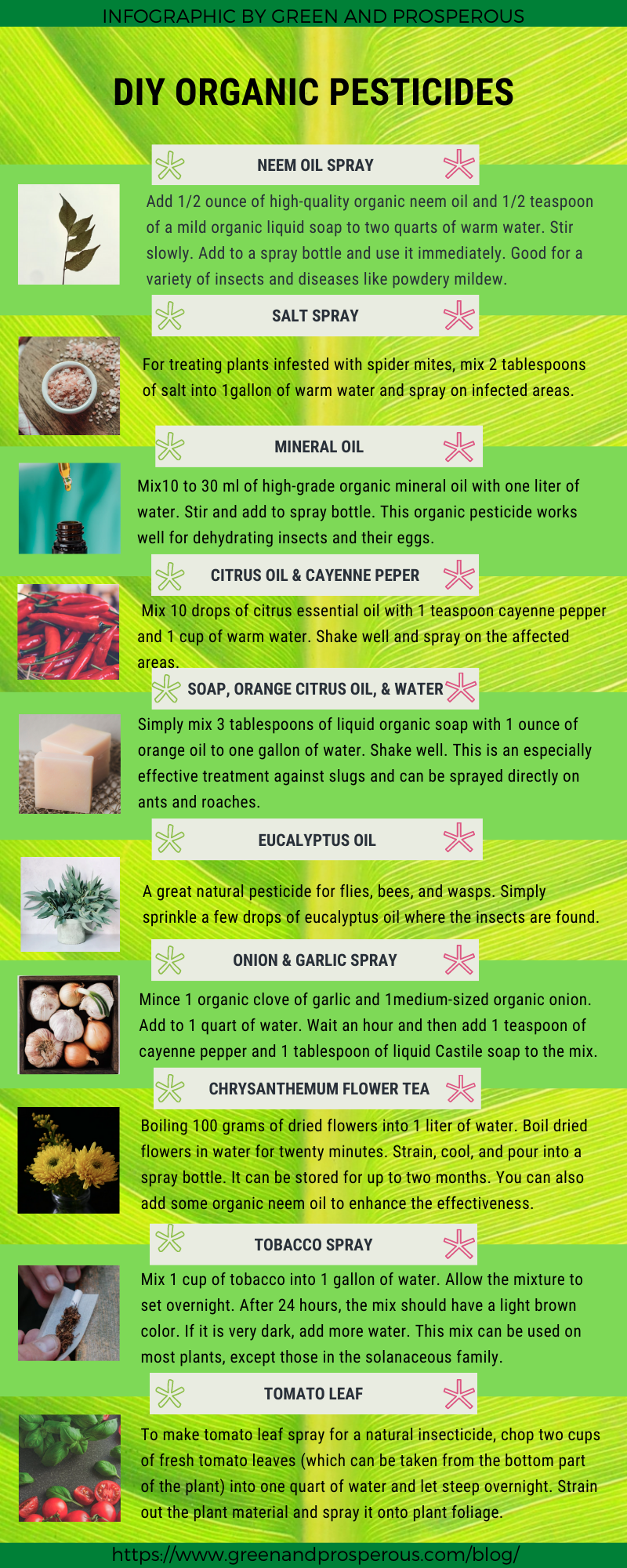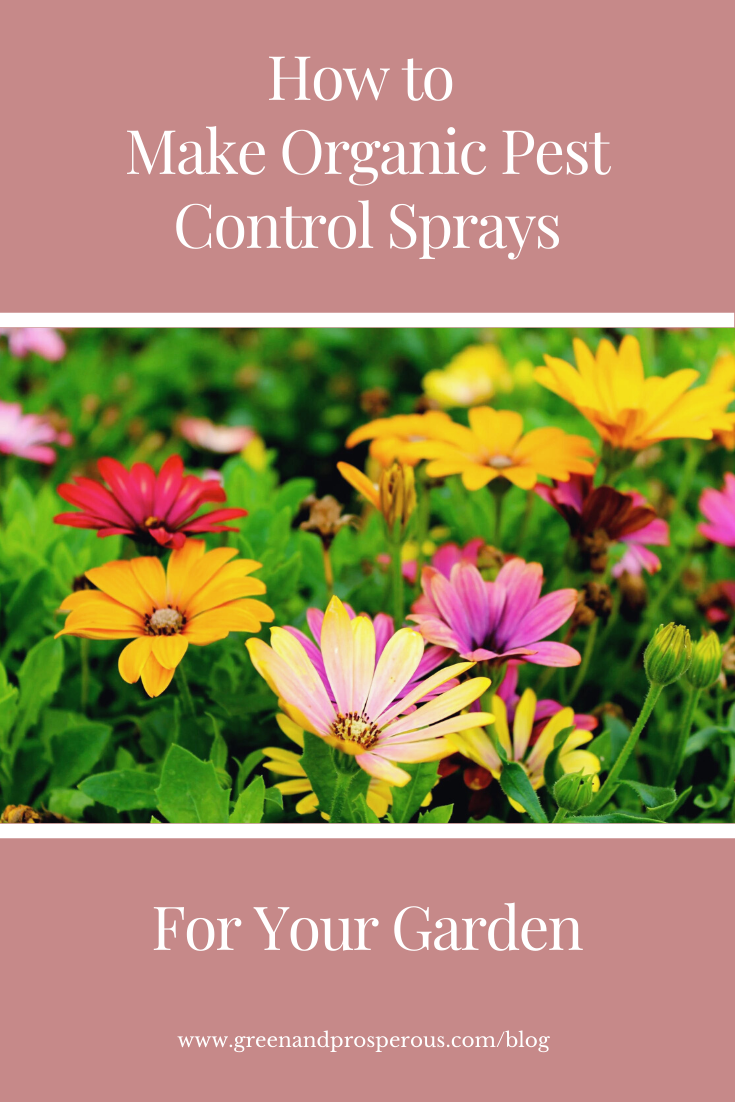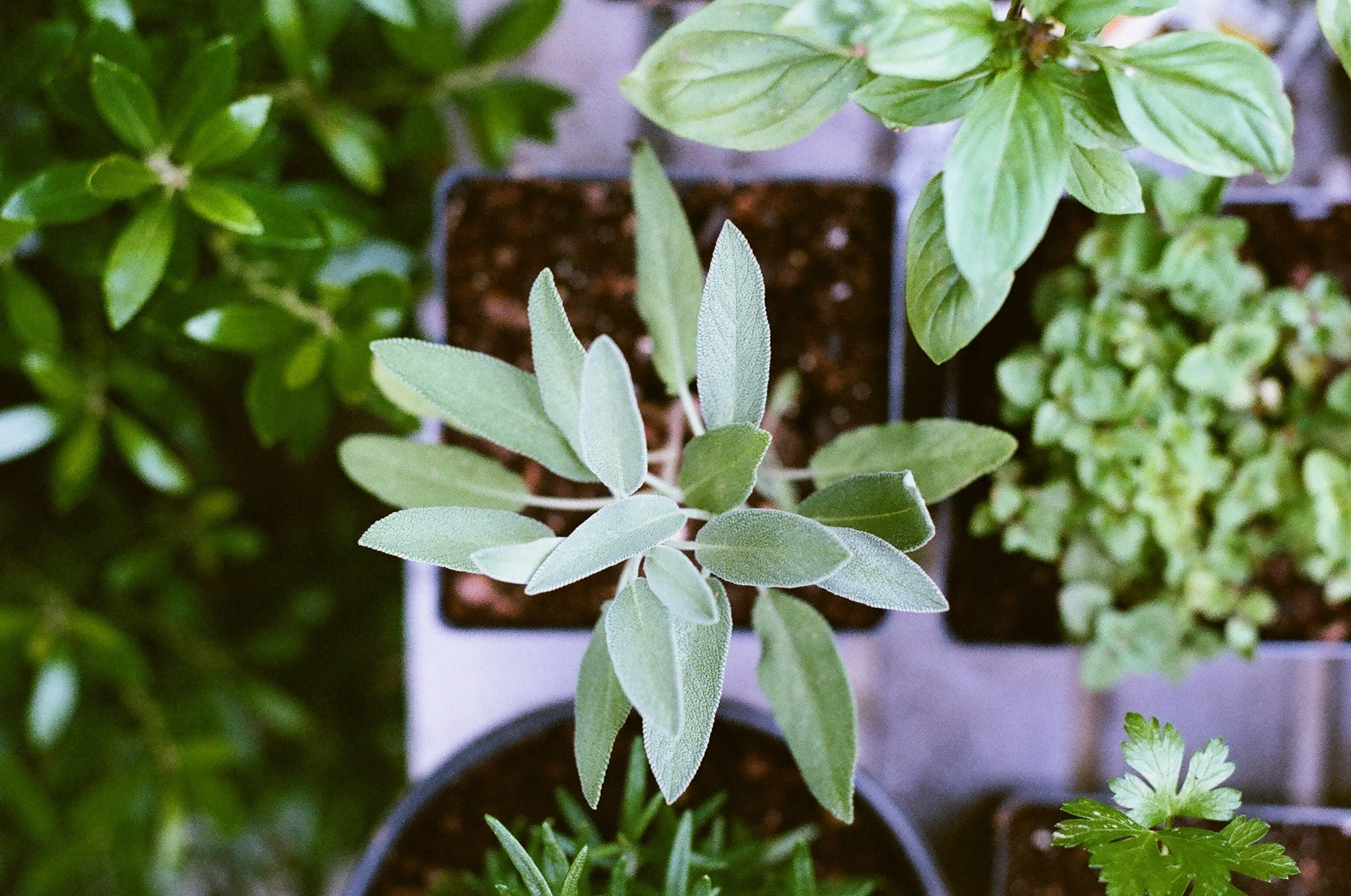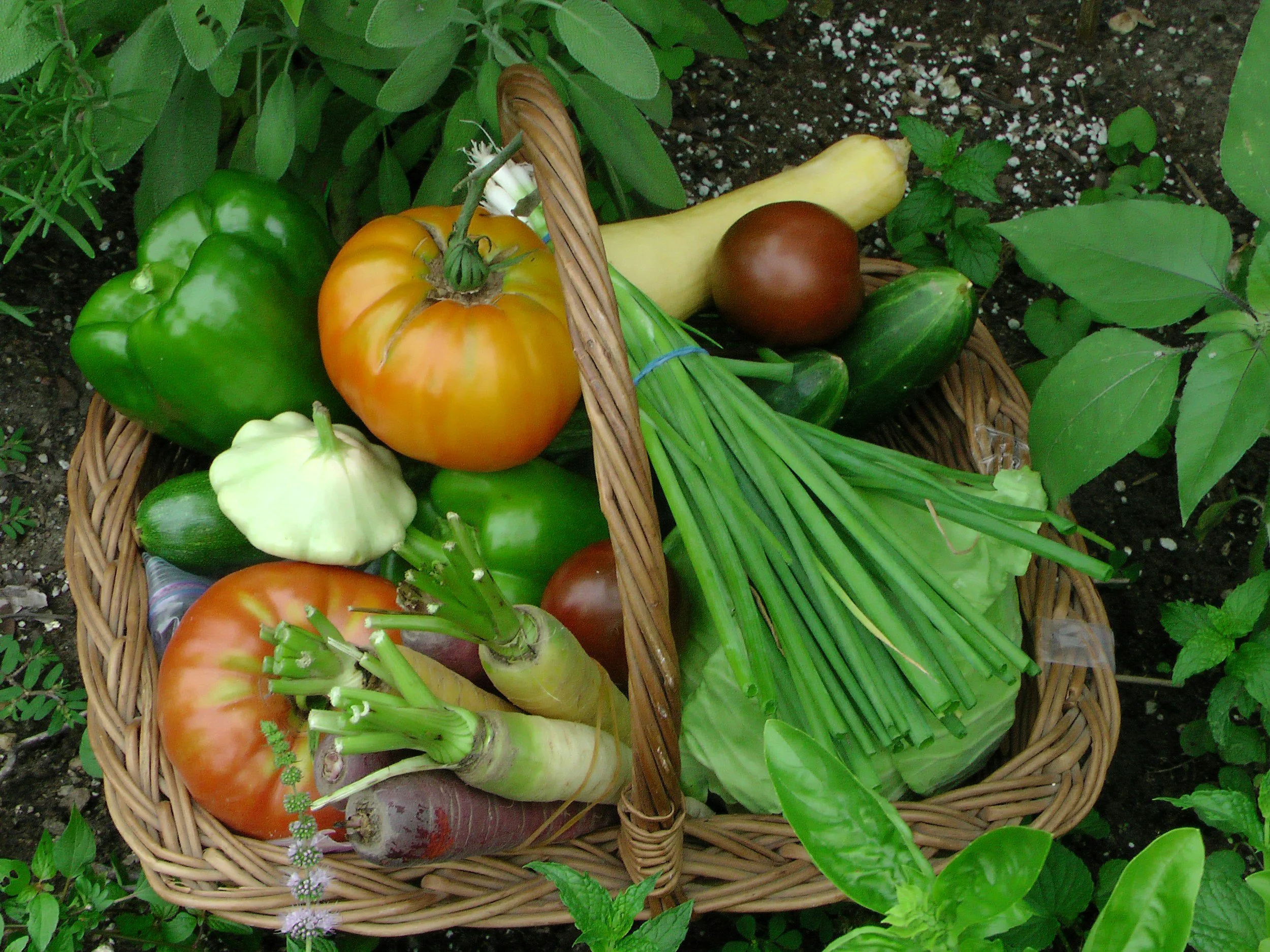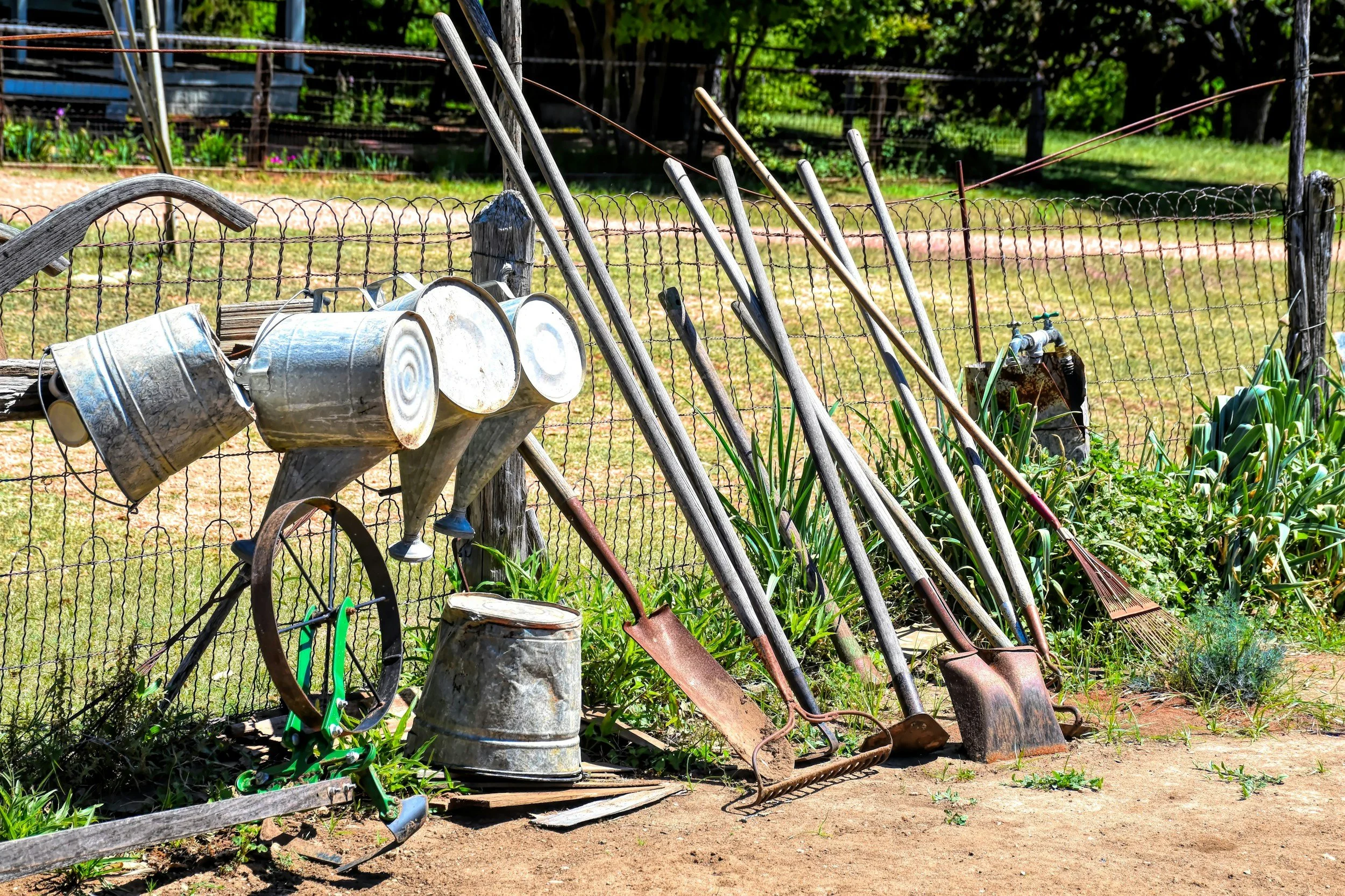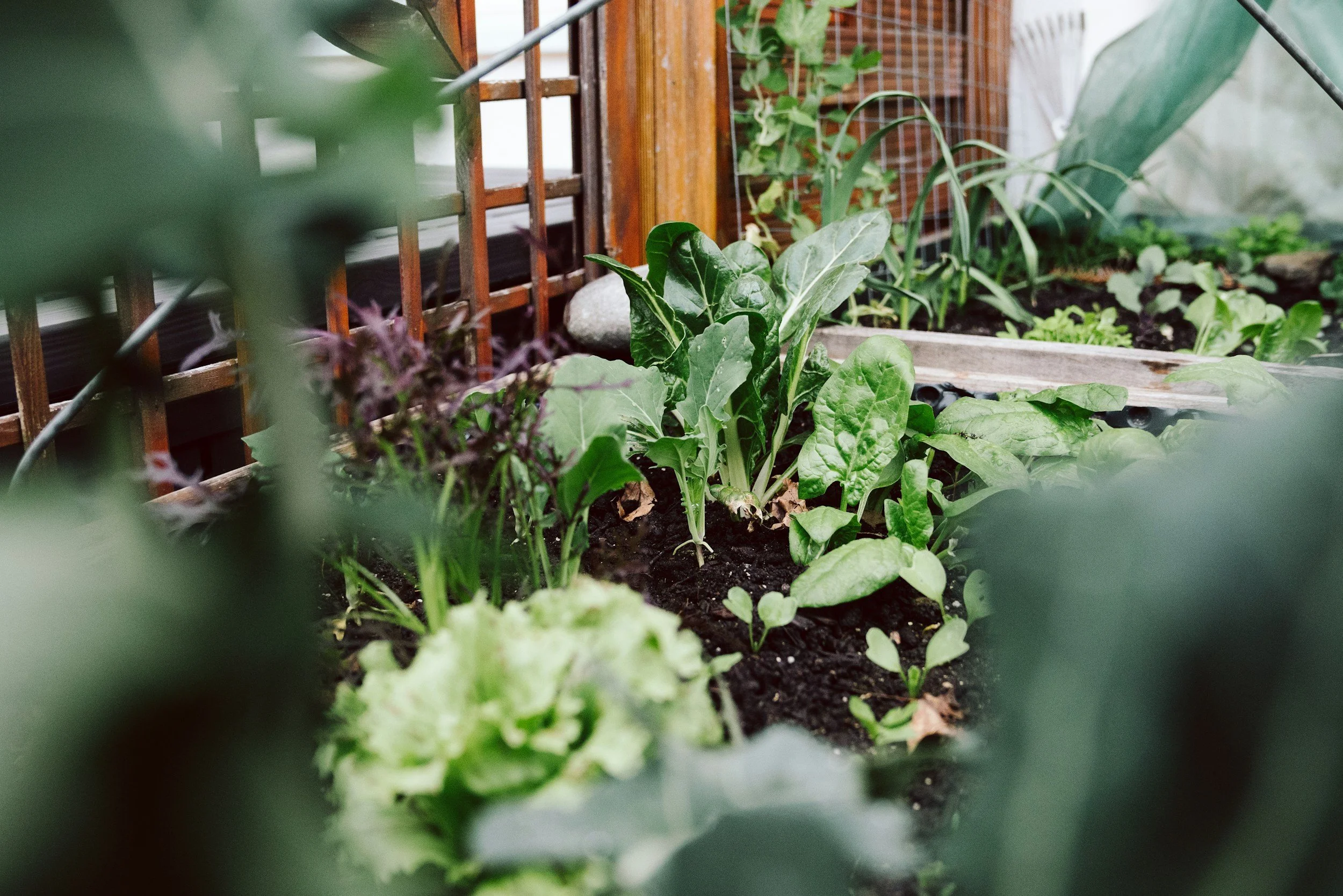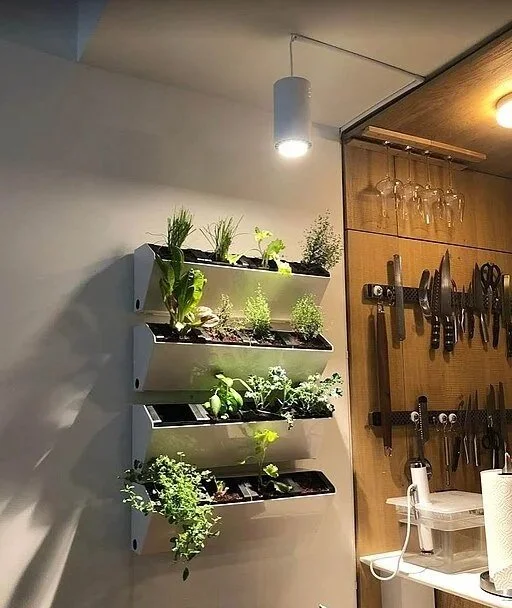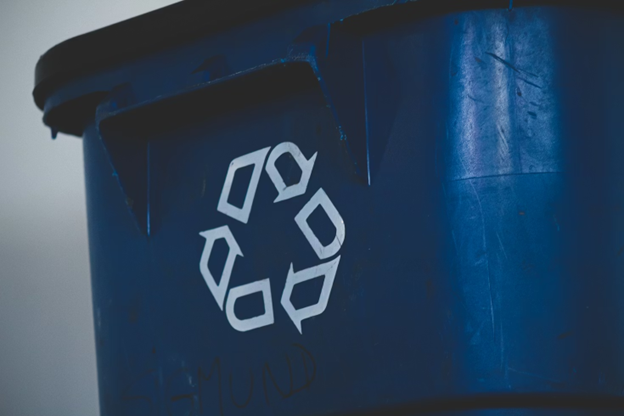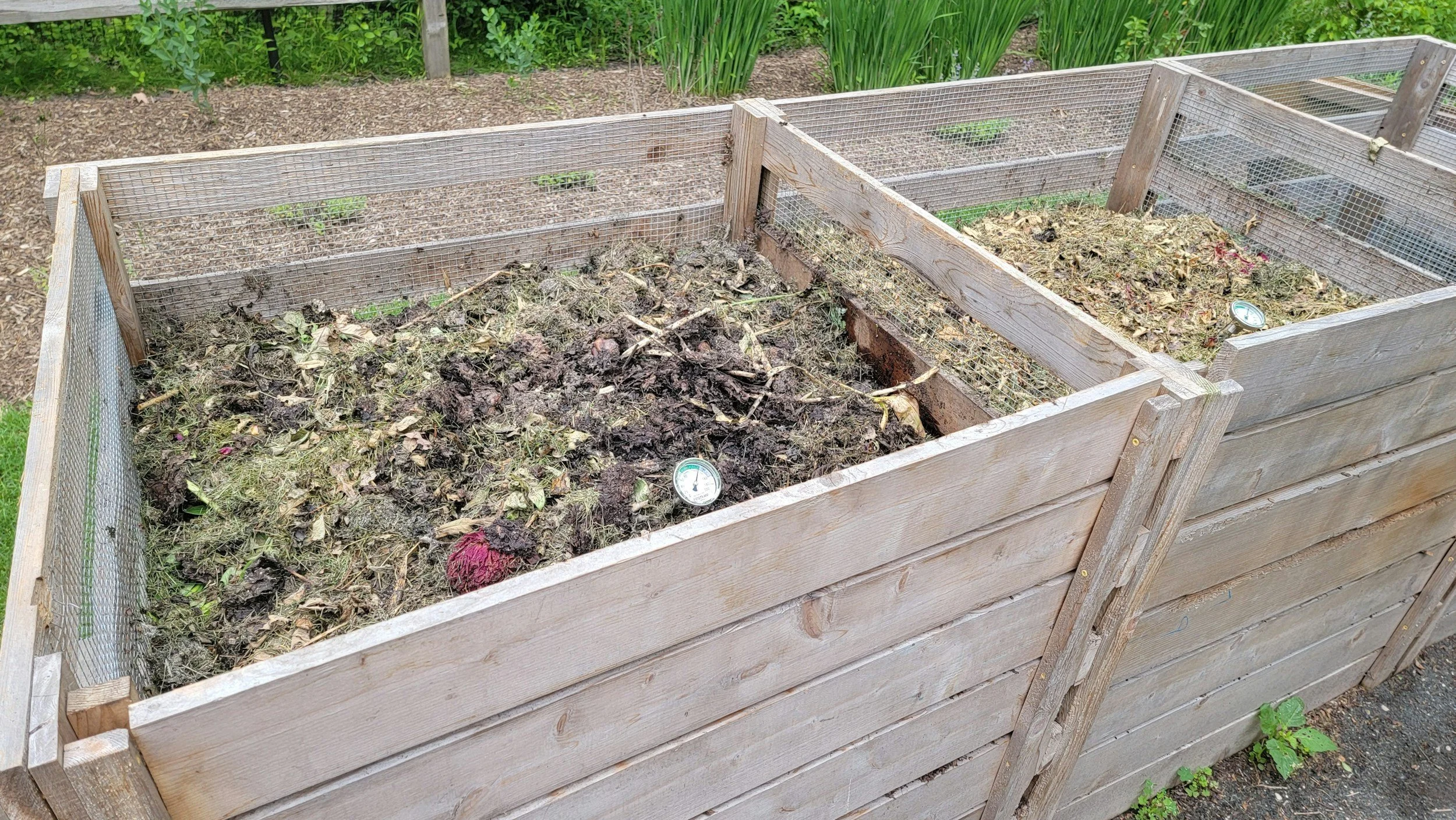How to make organic pest control sprays for your garden
/One of the more frustrating aspects of food gardening is having to share your crops with herbivore insects. When insects become a problem in the garden, most growers reach for insecticide-pesticides. Insecticide-pesticides are either synthetic, using human-made substances derived from chemical compounds, or organic, using human-made substances derived from plants with little or no chemical altering involved. In the US, commercially used synthetic pesticides are considered safe for humans by the Food and Drug Administration (FDA), in part because of the belief that the harmful effects of these pesticides degenerate rapidly, so that by the time produce makes it to your home, their effects are negligible. And yet a large body of research has demonstrated that besides acting as skin and eye irritants, synthetic pesticides can harm the nervous system, endocrine system, and hormone system, even with relatively light exposure, over time. This means that the bioaccumulation of pesticides in your body over time can cause many problems in even healthy people, particularly as we age.
The news is not much better for organic pesticides. While using them instead of their synthetic counterparts may seem like a better solution to the problem of insect herbivores ruining all your hard work, they, too, have downsides that can affect your plants’ health, the health of the environment, and your own as well. Regular use of pesticides – whether synthetic or organic -- undermines plant health because insects develop greater resistance to those pesticides, which means that you have to use more of them. That increased usage can stunt the plant’s growth, interfering with photosynthesis and killing beneficial microorganisms in the soil that help the plant to complete the chemical processes involved in delivering nutrients to its roots and leaves. Both synthetic and organic pesticides contaminate the soil, water and air, harming beneficial insects (especially pollinators like bees, butterflies, and moths), wildlife (like fish) and other, non-target plant species.
When you need to control herbivore insect pests in your garden, it’s always best to use Integrated Pest Management (IPM) controls. IPM refers to a broad scope of methods that employs ecological controls to reduce pest damage to crops, while causing the least amount of harm to the environment. IPM methods include netting, screens, or other barriers; attracting beneficial predatory insects to your garden; using beneficial nematodes (microscopic groundworms that help control pests in your soil); and improving watering practices to prevent disease (because diseased plants attract insects). These techniques will help minimize, but not get rid of, all pests in your garden. Just remember: keeping insect populations down, and not eliminating them completely, should be the aim of every food gardener. Not only is it impossible to eliminate all insects from your garden (unless you are operating in a hermetically sealed environment, as some forms of indoor farming do), but you will spend needless amounts of time, energy and money trying to eliminate the problem.
There is a saying among farmers and food gardeners: if nothing is eating your garden, you’re not doing it right.
And yet there may be times you absolutely need to use a pesticide spray to keep insects from destroying all your hard work. In those times, rather than heading to your local garden supply store for a bottle of organic pesticide, you can make your own right at home on an as-needed basis. The infographic below shares some recipes for organic pesticides that are cheap, easy to make, and very effective.
Just remember to always wear gloves when applying pesticides to your plants!
Like this? Please pin!






